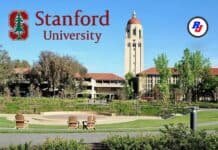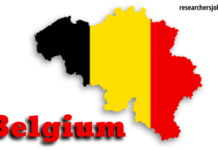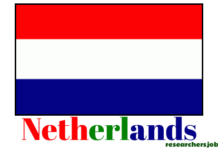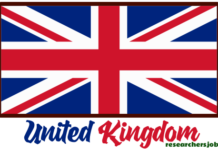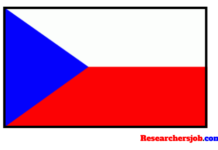PhD Scholarship in Computational Methods: We are seeking a highly motivated PhD student for the development of computational methods focusing on contextual analysis of cryo electron tomography (CryoET) data, with a strong emphasis on structural virology. The position commences in April 2024 and offers a unique opportunity to contribute to cutting-edge research in a collaborative and interdisciplinary environment.
PhD Scholarship in Computational Methods for CryoET Data Analysis in Structural Virology
Summary Table:
| Position Type | Research Focus |
|---|---|
| PhD Student | Computational CryoET Analysis |
Study Area: The research falls within the domains of computer science, biophysics, mathematics, or biochemistry. Applicants with a Master’s degree in these fields are encouraged to apply.
Scholarship Description: The PhD position involves the development of novel algorithms for CryoET and subtomogram averaging to enhance structural analysis. The focus is on improving tomogram quality and integrating contextual information into subtomogram averaging routines. The methods will be tested on diverse samples, ranging from virus-like particles (e.g., HIV, Sars-Cov-2) to large macromolecular complexes (e.g., nuclear pore complexes), aiming to achieve reliable and objective analysis of tomograms and complexes.
Eligibility: Candidates with a Master’s degree in computer science, biophysics, mathematics, or biochemistry are eligible to apply. A strong background in computational methods and an interest in structural virology are desirable.
Required Documents:
- Curriculum Vitae (CV)
- Cover Letter expressing interest and motivation
- Contact information for professional references
How to Apply: Interested candidates should send their CV and cover letter directly to Beata Turoňová at Beata.Turonova@biophys.mpg.de.
Last Date: The application deadline is April 2024. Don’t miss this opportunity to be part of groundbreaking research in computational cryoET analysis and contribute to advancements in structural virology. Apply now to shape the future of structural biology!


